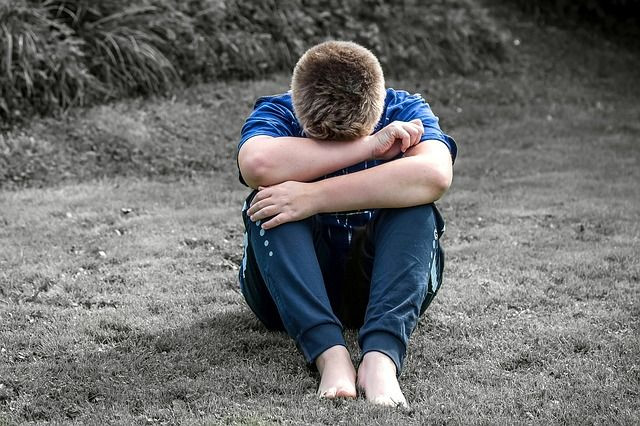Loneliness Could Make Your Cold Feel Worse, But A Strong Social Circle Could Protect You From Symptoms

Having a cold is never fun, but according to a new study, lonely people may have an especially hard time battling off this common bug. The findings further emphasize the effect that your mental state can have on your physical health.
The study, now published online in Health Psychology, found that lonely people are more likely to report that their cold symptoms are severe than those who have stronger social circles. These results remained even after researchers took into account participants' gender, age, the season, and social isolation. The researchers believe this finding suggests that doctors should take patients’ psychological factors into account when diagnosing illnesses.
Read: Can You Die From Loneliness? How Isolation Shortens Lifespan, Harms Health
"We think this is important, particularly because of the economic burden associated with the common cold," study co-author Angie LeRoy explained in a recent statement. "Millions of people miss work each year because of it. And that has to do with how they feel, not necessarily with how much they're blowing their noses."
For the study, the team had 159 individuals assessed for psychological and physical health before they were purposely infected with a cold. Volunteers were then quarantined in a hotel room five days. Results showed that individuals who had stronger social circles were less likely to report their symptoms as “severe,” compared to those who had more lonely personal lives. The study noted that it was the strength, not the size, of an individual's social circle that made the difference in how individuals described their cold symptoms.
The take-away from this study is the importance of building strong social ties in life, as these have far-stretching mental and physical benefits. For example, theses findings could also be used to describe how individuals react to life stressors other than illness such as illness or death of a close family member or friend.
"This paper is about the quality of your relationships, not the quantity," added LeRoy. "You can be in a crowded room and feel lonely. That perception is what seems to be important when it comes to these cold symptoms."
While this paper looked at the short-term effects of loneliness on health, past research has suggested that in the long-term, a lonely lifestyle could lead to early death, Time reported. For example, one study from Brigham Young University found that social isolation increases your risk of death by 26 percent. In short, it’s important to make and maintain strong ties with friends and family, as this can not only improve your happiness, but also your overall health.
Source: LeRoy AS, Murdock KW, Jaremka LM, Loya A, Fagundes CP. Loneliness Predicts Self-Reported Cold Symptoms After A Viral Challenge. Health Psychology. 2017
See Also:
Lonely People's Brains Perceive Social Threats Differently Than Everyone Else
Lonely No More: 6 Surprising Ways Being Alone Is Hazardous To Your Health
Published by Medicaldaily.com



























